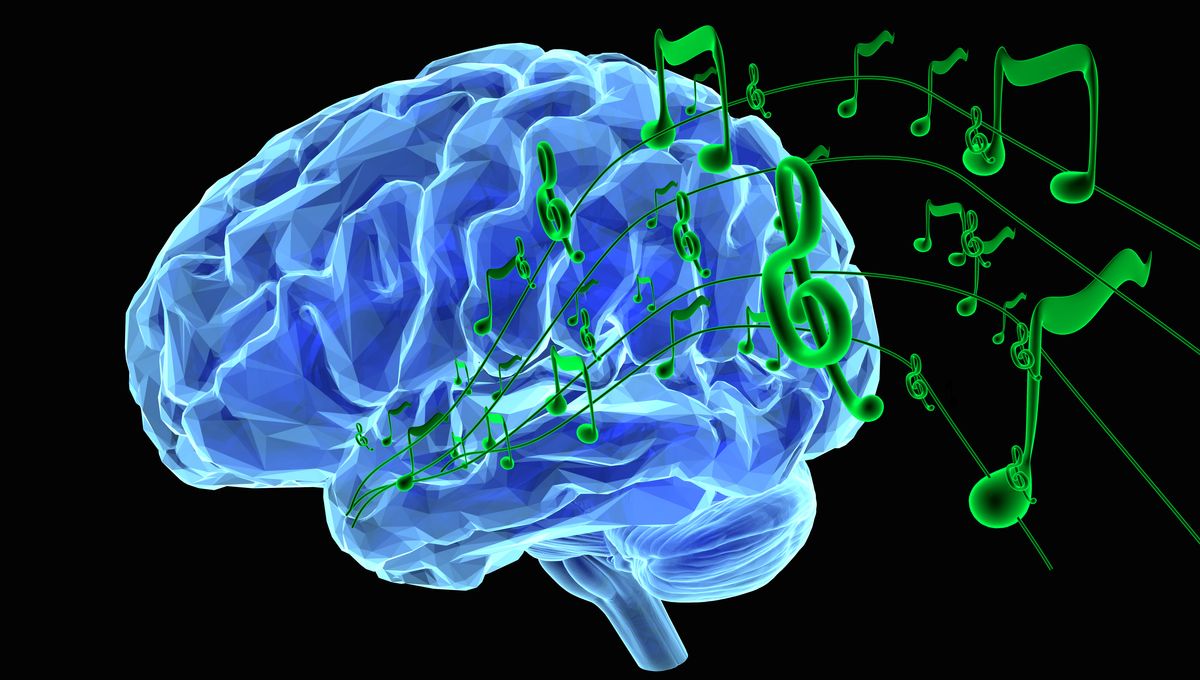Over the past few years, we’ve witnessed significant advancements in quantum computing, with the emergence of simple quantum processors. These breakthroughs have addressed major challenges in the field, paving the way for exciting opportunities. In a recent episode of IFLScience’s podcast, “The Big Questions,” we had the privilege of speaking with Professor Winfried Hensinger, a renowned expert in Quantum Technology and the Chief Scientific Officer for Universal Quantum. He shared his insights on the transformative impact of these devices.
Among experts, what’s the current timeline they envision for quantum computers?
Winfried Hensinger: People often ask me when we’ll have a useful quantum computer. My response is simple: When do you think we had the first useful conventional computer? While some may say the 60s, the truly insightful individuals look back to 1945. It was in that year that the English Army built the first computer capable of breaking the German Enigma code, a pivotal moment in winning the Second World War. So, just as it took time for conventional computers to find high-impact applications, the same applies to quantum computers. In the next five or 10 years, we’ll witness the emergence of the first truly impactful application for quantum computing, potentially revolutionizing an entire industry.
What will happen once the potential has been demonstrated?
WH: Once we demonstrate the potential, we’ll continue to build more powerful quantum computers. But it doesn’t stop there. We’ll also focus on developing algorithms and software, which are equally crucial for quantum computing. Quantum computers harness the power of strange quantum phenomena, and to fully capitalize on these phenomena, the software must be designed accordingly.
For every problem we aim to solve with a quantum computer, we not only need the hardware but also the software. Over the next five or 10 years, we’ll witness a surge in software development alongside the advancement of quantum computers.
It seems like a major change from the focus on building a machine, to actually working on the different quantum algorithms – the software – to solve the specific problems we might want to solve.
WH: A friend of mine once told me that just five or 10 years ago, you couldn’t even get a job at a university if you mentioned developing quantum algorithms. Back then, people didn’t believe we could build such machines. However, in the next five or 10 years, we’ll witness a plethora of new applications. We’re already discussing simulating molecules for drug discovery, breaking encryptions, and in the future, we’ll explore even more diverse applications.
But let’s focus on the now. What are some exciting uses of quantum computers that are in the works now?
WH: As a company, we’re collaborating with others to develop the first quantum computing operating system. We’re also working on solving critical problems, such as simulating the FeMoco molecule. This molecule plays a crucial role in nitrogen fixation, which is essential for fertilizer production. Currently, 2 percent of the world’s energy is used for fertilizer production. By making nitrogen fixation more efficient through quantum computing, we can save a significant amount of energy. Another exciting project involves partnering with Rolls Royce to build quantum computers capable of optimizing aircraft engines for improved fuel efficiency. This entails simulating fluid dynamics within the engine. These applications hold immense potential, but we must first understand the requirements and streamline the development process.
These are very exciting applications. Is there anything more that we can expect with these machines?
WH: Absolutely! We can anticipate a continuous stream of groundbreaking applications. If we were to have this interview in two, five, or 10 years, we would witness even more powerful quantum computers. However, there will always be new applications that remain inaccessible to the current generation of machines. We’ll keep pushing the boundaries and developing more powerful machines, leading to a growing array of fascinating applications as their performance improves.








